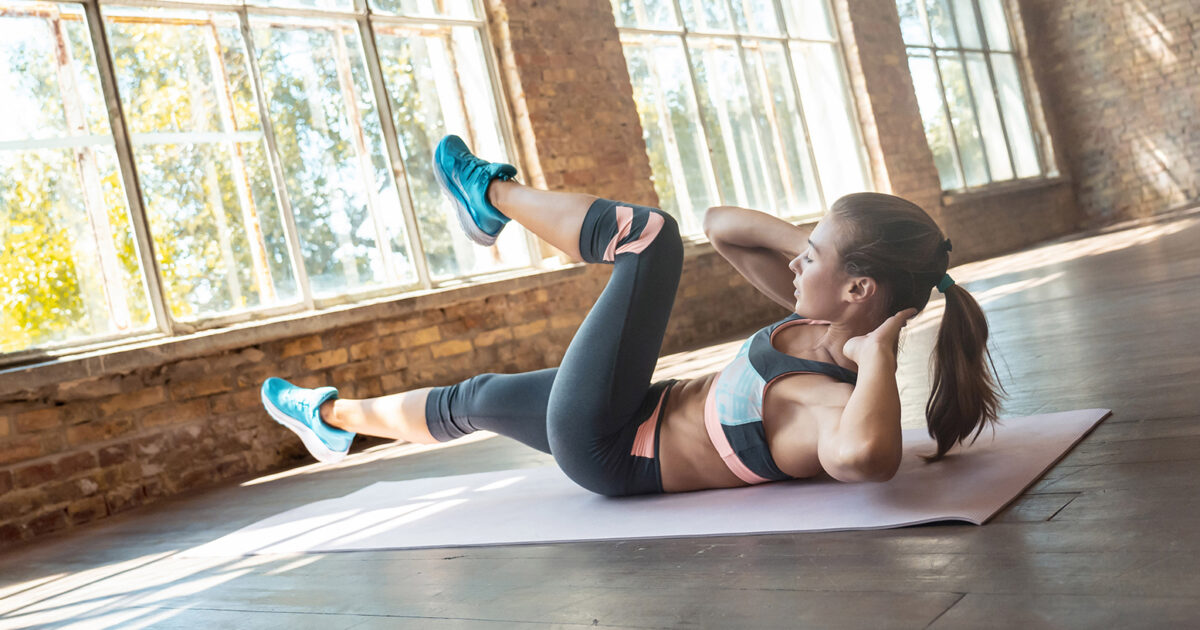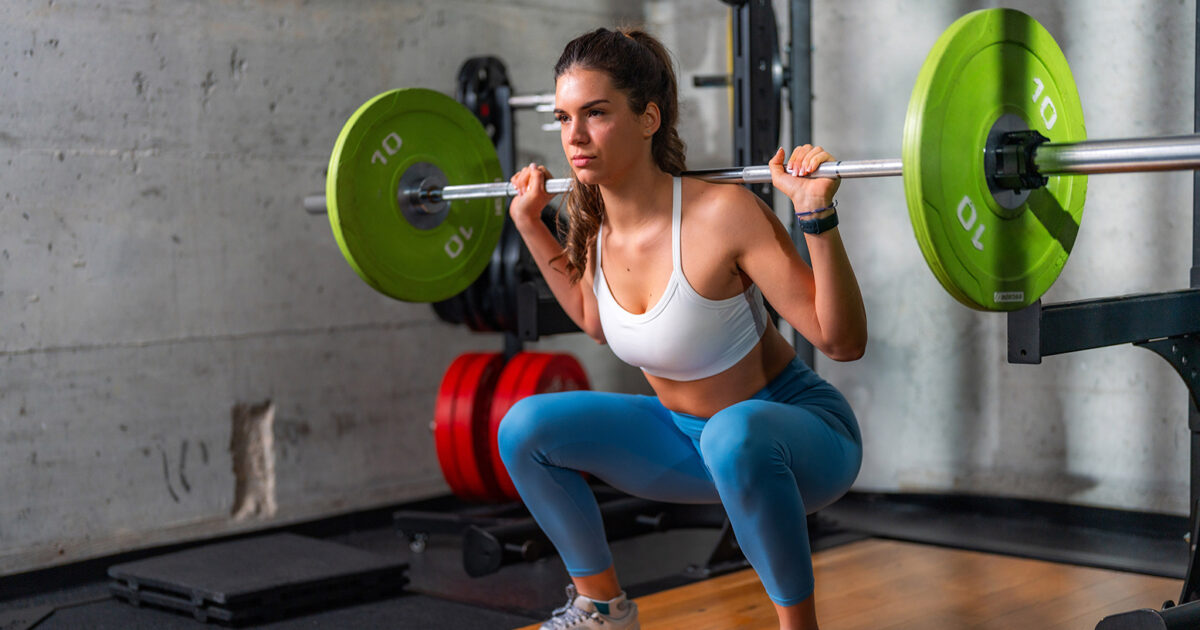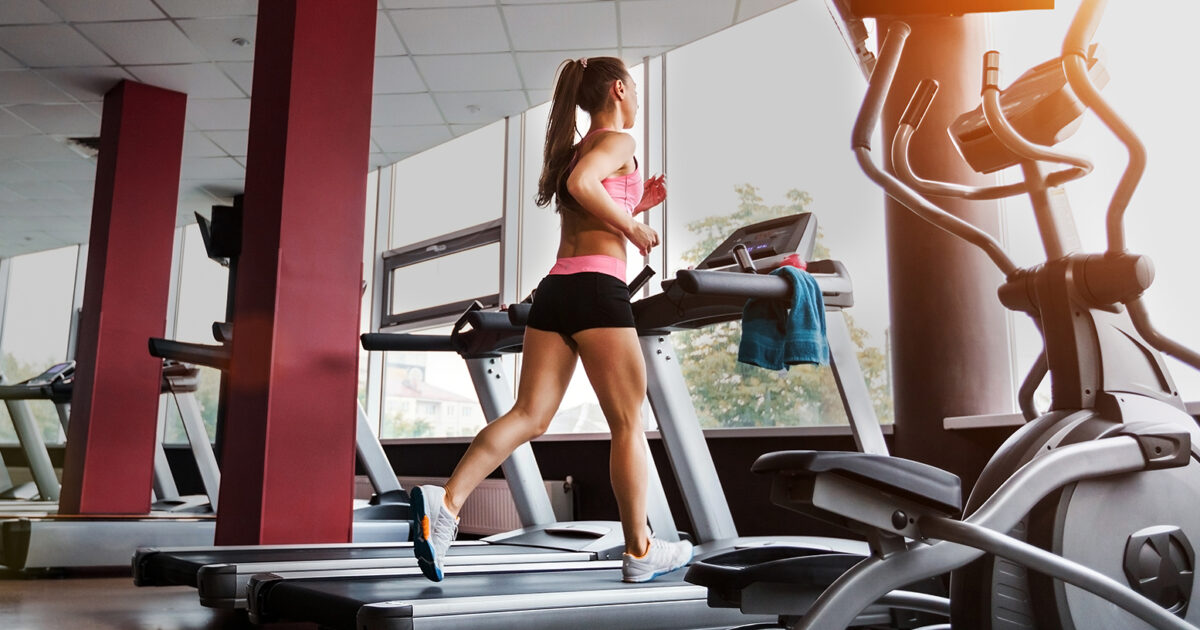Muscle cramps during exercise can be painful and debilitating, often interrupting and inhibiting your workout performance. Post-exercise cramping can also be frustrating, and may strike without warning – usually in the middle of the night. The good news is there are several simple strategies that you can use to minimize your risk of cramping during and after exercise.
What is a muscle cramp?
A muscle cramp is a sudden, involuntary and sustained contraction of one or more muscles. There is often a visible and palpable hardening of the muscles. Muscle cramps may last for a few seconds to several minutes, and can recur many times before subsiding.
Why does cramping occur?
Cramping occurs when the mechanisms that control muscle contraction and relaxation become impaired. For efficient muscle function, there are 3 key physiological requirements that need to be met: optimal cellular environment, well-conditioned muscles, and sufficient recovery.
What are the best strategies to reduce the risk of cramping?
Firstly, maintaining an optimal cellular environment is the most important strategy, and is dependent on balanced levels of water, glucose and electrolytes inside the cells. When glucose and electrolytes become too low, the cells dump water to rebalance the environment. When too much water is drunk, the cells also dump excess water, along with important electrolytes. This electrolyte and glucose imbalance can result in muscle cramps. The best strategy is to reduce/avoid tea, coffee, dietary drinks (especially before exercise), and consume a purpose designed sports drink, such as Gatorade – which will provide optimal amounts of water, glucose and electrolytes.
Secondly, cramp is less likely to occur in muscles that are well-conditioned and supple. When you work out, ensure that you are working through a full range of motion where possible, and be sure to spend time on flexibility at the beginning and end of your workout. For best results, combine foam rolling and dynamic stretching – to boost your circulation and reduce the risk of cramping.
The final strategy is to ensure you make time for recovery post-exercise. Muscles need adequate rest between workouts, and during these times, hormones such as adrenaline and cortisol can re-balance. Proper rest and recovery will ensure that your cellular environment remains optimized for the next workout.
What is EVO’s position on avoiding muscle cramps?
At EVO, our focus is on creating better understanding of the body for optimal physiological and physical health. Strategies to minimize the risk of muscle cramps should begin with a focus on attaining optimal cellular health through adequate consumption of a balanced sports drink before, during and after exercise. Pre- and post-workout strategies should also include proper flexibility training, particularly the use of foam rollers. Finally, optimal rest between bouts of exercise will ensure longer-term avoidance of muscle cramps.



